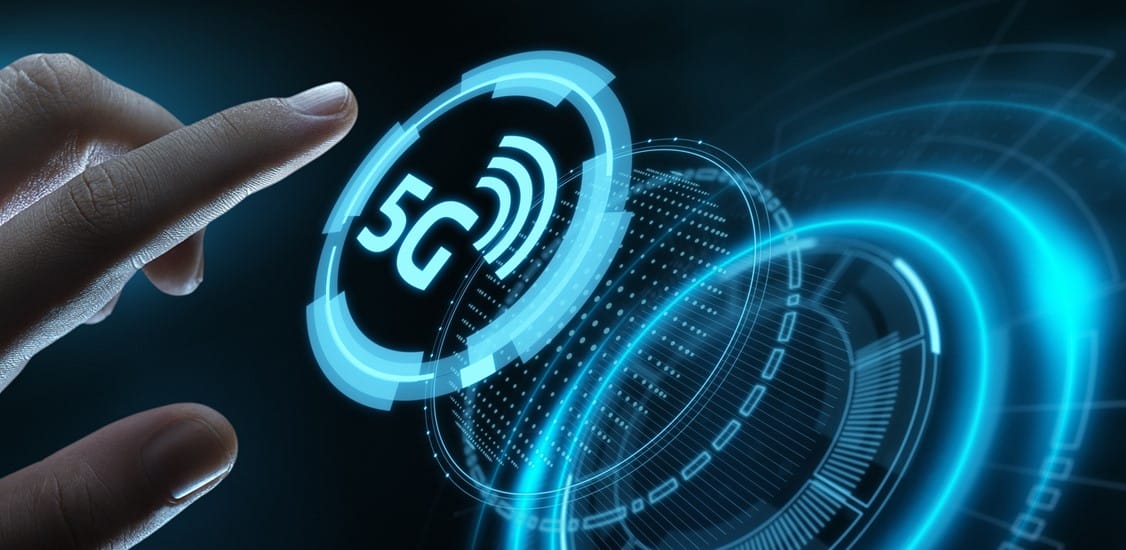The impact of 5G technology is indeed significant and can be considered a game changer in various aspects of our lives. 5G, the fifth generation of wireless technology, offers a range of improvements over its predecessor, 4G/LTE, including faster speeds, lower latency, higher capacity, and the ability to connect a massive number of devices simultaneously. These advancements have far-reaching implications across several domains, including communication, industries, healthcare, transportation, and entertainment.
Communication: 5G enables faster and more reliable communication, making activities such as video calling, streaming, and online gaming smoother and more immersive. The increased bandwidth and lower latency allow for real-time interactions and seamless connectivity, enhancing user experiences.
Industries: 5G is expected to revolutionize industries by enabling advanced technologies like the Internet of Things (IoT), artificial intelligence (AI), and machine learning (ML). The ultra-low latency of 5G networks facilitates real-time data transmission, enabling autonomous vehicles, smart cities, and smart manufacturing processes. It also enables the use of augmented reality (AR) and virtual reality (VR) applications, transforming sectors such as architecture, retail, and education.
Healthcare: 5G has the potential to revolutionize healthcare services through telemedicine, remote surgeries, and remote patient monitoring. With its high-speed connections and low latency, doctors can provide consultations and perform surgeries from remote locations, reaching underserved areas and improving access to healthcare. Real-time monitoring of patients’ health conditions becomes possible, facilitating timely intervention and improving patient outcomes.
Transportation: 5G plays a crucial role in the development of autonomous vehicles and smart transportation systems. The low latency and high reliability of 5G networks enable vehicles to communicate with each other and with infrastructure, leading to enhanced road safety and efficiency. Additionally, 5G enables real-time traffic management, intelligent transportation systems, and seamless integration with smart cities.
Entertainment: 5G technology enhances the entertainment industry by enabling ultra-high-definition streaming, immersive gaming experiences, and virtual reality content. The high speeds and low latency of 5G networks allow for instant downloads, lag-free gaming, and high-quality media streaming on mobile devices.
However, it’s important to note that the full realization of 5G’s potential may take time. Infrastructure deployment, spectrum allocation, and device adoption are some of the challenges that need to be addressed for widespread implementation. Additionally, concerns around privacy, security, and potential health effects of increased exposure to electromagnetic radiation require careful consideration and regulation.
Overall, 5G technology has the potential to reshape various sectors of society, offering faster and more reliable connectivity, powering innovation, and transforming the way we live, work, and interact with the world.





